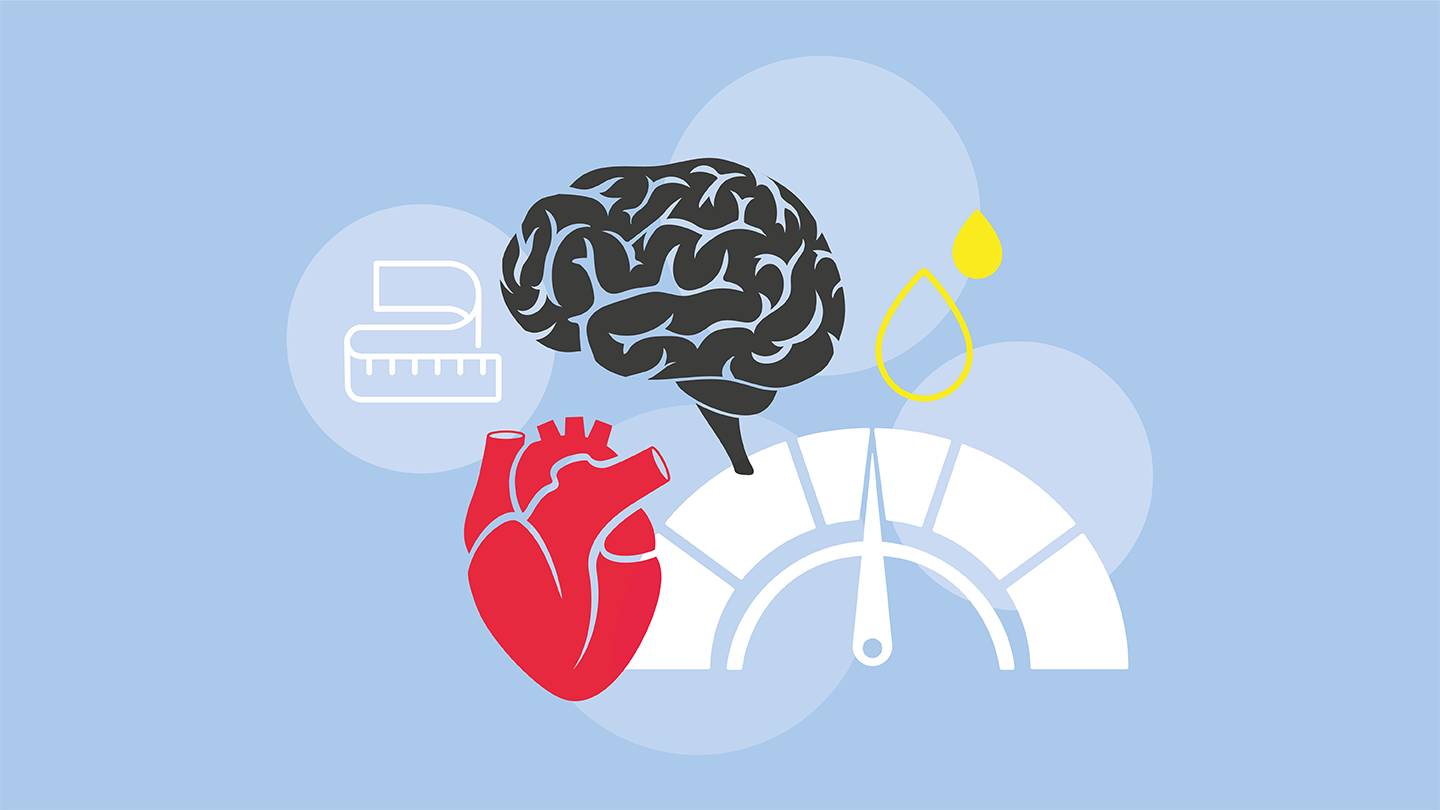
A large case-control study involving 5,390 community-dwelling older adults found that an accelerated decline in body mass index and waist circumference, alongside fluctuating high-density lipoprotein levels, may serve as early indicators of dementia.
Researchers observed these cardiometabolic shifts up to a decade before formal dementia diagnosis, according to their recent study published in JAMA Network Open.
The study analyzed longitudinal data from participants in the Aspirin in Reducing Events in the Elderly (ASPREE) study between 2010 and 2022. Of the total participants (mean [SD] age = 76.9 [4.8] years; 54.1 percent women), 1,078 developed dementia and were matched to 4,312 controls. Patients who developed dementia exhibited lower body mass index (BMI) 7 years before their dementia diagnosis (27.52 vs. 28; P = .002), and lower BMI continued to the year of diagnosis (26.09 vs. 27.22; P < .001). Waist circumference followed a similar trajectory. Significant reductions were observed from 10 years prior (95.45 cm vs. 97.35 cm; P = .003) to the year of dementia diagnosis (93.90 cm vs. 96.67 cm; P < .001). High-density lipoprotein levels levels were higher 3 to 5 years before dementia diagnosis but declined closer to onset (linear change β = -0.47 mg/dL; 95 percent confidence interval = -0.86 to -0.07).
"Our rigorous process of dementia ascertainment and early capture of cognitive decline through regular assessments likely resulted in an earlier detection of dementia than in other cohort studies, possibly before substantial [blood pressure] declines occurred," wrote Zimu Wu, of the School of Public Health and Preventive Medicine at Monash University in Melbourne, Victoria, Australia.
Blood pressure, glucose, low-density lipoprotein, and triglyceride levels did not significantly differ between dementia cases and controls. Sensitivity analyses supported these findings and demonstrated robustness despite variations in survival rates and follow-up durations.
The researchers recommended further investigation into the biological mechanisms linking these cardiometabolic factors to dementia and suggested that targeted intervention strategies addressing these modifiable risks could delay dementia onset.
This article was originally published on conexiant.com.




